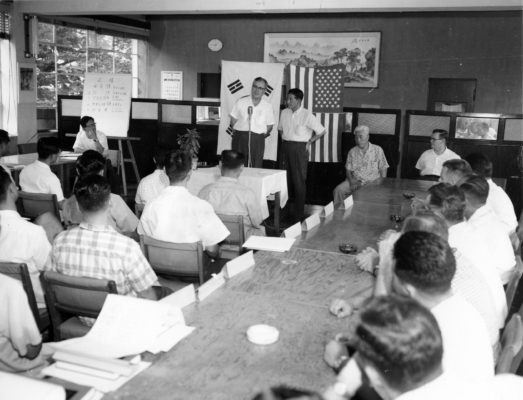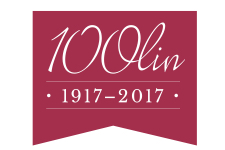Guest blogger: Elizabeth Shabani, Associate Director of Global Programs & Advising
It’s the start of the semester, which means new roommate assignments, finally taking that first class in your major, Meet the Firms, and sinking your teeth into some much-missed Seoul Taco. But for more than half our Olin students, the start of the semester means the first time they’ll have seen their friends, faculty, and advisors in nine months! That’s because approximately 60% of Olin students participate in a Global Program, with 121 BSBA students abroad during the Spring 2017 term alone. And that number only seems to be growing each year.
Global awareness and cross-cultural competence are critically important to employers, and studying abroad can have a positive effect on your academics, career goals, and marketable skills. In fact, according to Frontiers Journal, CEO perspectives found that “studying abroad and internationally orientated studies are mentioned as essential and basic requirements for enhancing talent.” That is one of the many reason why studying abroad is so important to us here at Olin (let alone that it is often described as “the best time of my life!”).
But how do you go about studying abroad or knowing if it’s the right fit for you? Well, this is where your Global Ambassadors, Academic Advisors, and Global Programs staff come to help. Here are five quick steps to studying abroad:
1. Review program opportunities and requirements
Visit the WashU Study Abroad website for details on programs—and destinations— and the BSBA Global Program for the nitty gritty details, like scholarship opportunities, financing your study abroad, and more. Students with second majors outside the business school may also explore opportunities through the college. Meet with Global Ambassadors (past study abroad participants) to get their perspectives from abroad. We will also be hosting several information sessions this fall, so make sure to read the BSBA newsletter for dates, times, and locations!
2. Meet with your academic advisor
Meet with your academic advisor to discuss when is the best time for you to go abroad and what kind of credit you can earn abroad. For students seeking a semester program this may often be your sophomore or junior year.
3. Narrow down your program selection to your top two or three choices.
Keep in mind what kind of experience you’re hoping to have. Immersive with engagement with local students? Internship opportunities? Summer programs? What classes do you need and do you want to be abroad in the fall, spring, or summer? Once you’ve narrowed down your choices (or if you need some extra help working through your goals), meet with a Global Programs advisor. You can schedule an appointment or stop by during their walk-in hours in Simon 118.
4. Apply!
You should apply online before the below deadlines. Keep in mind you’ll want to start your application early in order to allow enough time for faculty to complete their recommendations or to submit any supplemental materials:
Deadlines:
- Summer 2018: February 15
- Fall 2018: February 1
- Spring 2019: May 1
5. Continue researching the program, university, and culture.
We’ll review your application and touch base with you if we have any questions. Upon admission to the program, we’ll continue working with you on your next steps such as preparing for a new academic culture, completing host university materials, travelling safely, and making the most out of your experience.
Global Programs advisors can also help you research funding opportunities. Scholarships are available through the Glazer Global Learning Fund as well as external sites (check out our resources online). Additionally, your financial aid, scholarships, grants, and loans go with you on semester programs.
So you’re on your way… what’s next?!
Check out the gallery, below, of amazing scenes from Spring 2017 study abroad trips. Click thumbnail to expand image.





 According to Washington University historian Ralph E. Morrow, Trump “was endowed with bulldog determination, canny judgment, and knew where he wanted to take his school”—which, as it turned out, was abroad.
According to Washington University historian Ralph E. Morrow, Trump “was endowed with bulldog determination, canny judgment, and knew where he wanted to take his school”—which, as it turned out, was abroad.
 Read more about Olin’s first century on the
Read more about Olin’s first century on the